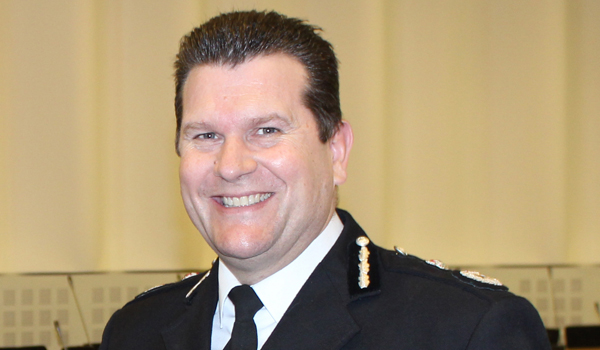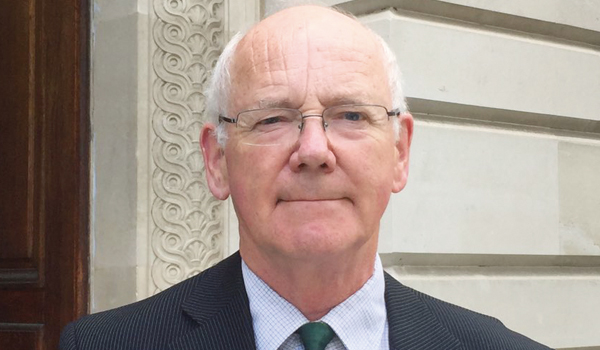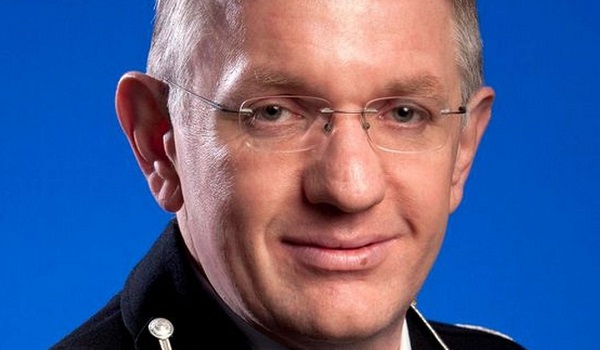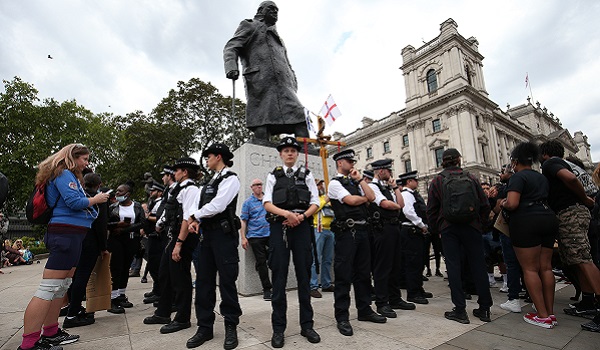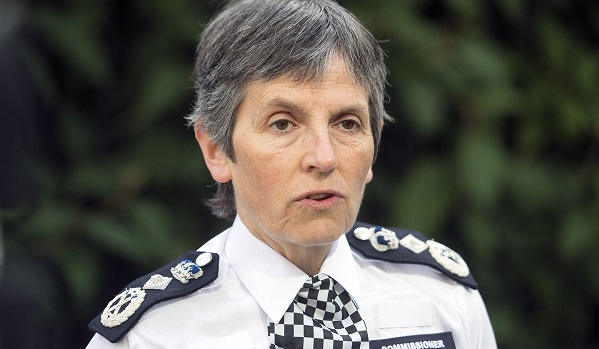NPCC unveils strategy to hold police leaders to account for progress on diversity
The National Police Chiefs’ Council (NPCC) has announced that senior police leaders will now be assessed on their efforts to improve diversity within their force.
The new strategy, published on Friday (October 12), is based on a new toolkit for forces to help them boost the recruitment and retainment of minority groups that are underrepresented in the police.
Chief Constable Gareth Wilson, the NPCC Lead on Diversity, Equality and Inclusion said: “Having a police force that is more representative of the communities it serves is an operational imperative. We need officers and staff who are able to respond quickly to the changing demographics of local communities, overcome language barriers and bring a deep knowledge of certain cultures. It is proven that more diverse teams make better decisions and innovate more.”
Mr Wilson acknowledges that there has been progress, with the police service now composed of more women, black, Asian and ethnic minority officers since records began.
As of March 31, 2018, seven per cent of all officers were Black and Minority Ethnic (BME), 30 percent of all officers were female, and females comprised 61 percent of police staff in the 43 forces in England and Wales.
But Mr Wilson also stressed that the rate of force diversity progress has been too slow.
“This strategy and toolkit will help us make better use of the talents and skills of people from all backgrounds. Having officers and staff who reflect all communities will help us build trust – particularly with those who fear crime or harassment or who have lower levels of confidence in policing. With greater trust, people are more likely to report their concerns and work with us to resolve problems, and we will be better equipped to tackle crimes that affect them.
“Research has shown active participation by senior staff and overt displays that the diverse needs of the workforce are being considered are essential to deliver change, which is why we recommended all forces appoint a chief officer lead and senior leaders are formally assessed on their results in improving diversity.”
Mr Wilson added that there is “no one-size-fits-all solution” as each community is different, and that this needs to be shown in the way that forces adopt the new diversity strategy.
Speaking to Police Professional, Mr Wilson said: “The past 24 hours since the strategy has been launched is an incredibly important moment for policing and a great deal of work has been done. This strategy is building on the pockets of excellence which already exist nationally.”
Mr Wilson stressed that the new strategy focuses on all nine protected characteristics as laid out in the Equality Act 2010. They are: age; disability; gender realignment; marriage and civil partnership; pregnancy and maternity; race; religion or belief; sex and sexual orientation.
He added that the key focus of the new strategy is to empower chief constables to better understand their communities. This is important not just to improve the delivery of policing to communities, but also to build trust across the board, as some minority groups do not have enough trust in the police service.
Mr Wilson said that the new strategy has been welcomed very positively, only some support groups are concerned that it will not be turned into action.
Senior police leaders will be formally assessed on how hard they work to improve diversity within their operational command, and the toolkit to aid them in that task is based on studies by the National Centre for Social Research (NatCen).
The research revealed that police officers and staff believed that diversity progress was being hindered by a lack of accountability from senior police leaders. The report concluded that “work to improve diversity in policing was being undertaken among forces nationwide but it was patchy and sporadic… attributed to a lack of formalised frameworks and processes to address diversity and a lack senior leadership buy-in.”
Two more toolkits are in development to strengthen the strategy.
The key points of the primary toolkit are: to encourage chief officer leads to take diversity as seriously as critical incidents; engender more targeted recruitment through use of data analysis and demographics to understand their force’s diversity; positive action in looking for candidates from underrepresented groups; contacting those from underrepresented groups who have left the force within two years to encourage them to return; making provision for unconscious bias training for recruitment and promotion panels; strengthening networks of coaching and reverse mentoring; improving the commitment to flexible working including attention to childcare, religious and cultural commitments; and undertaking to think about removing line manager approvals to prevent the risk of unconscious bias through reviews of promotion and lateral progression panels.
All chief constables have agreed to take part in this new Diversity, Equality and Inclusion Strategy.


